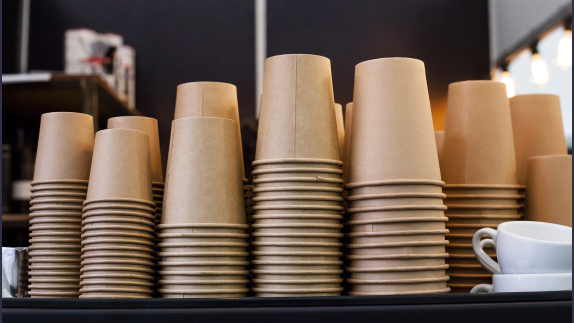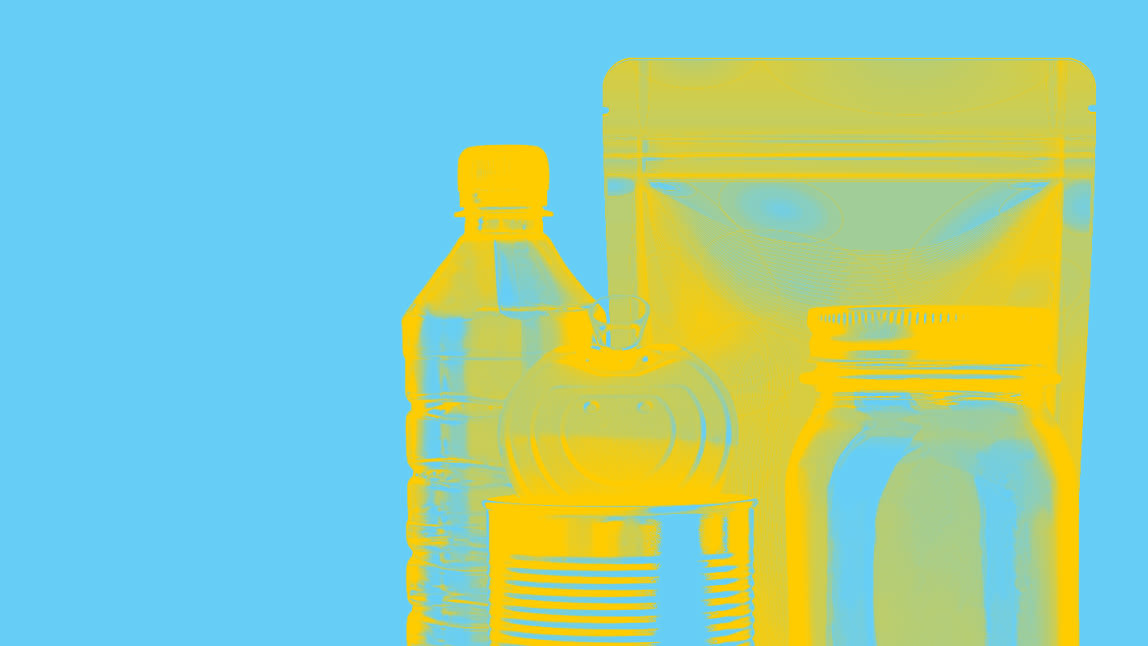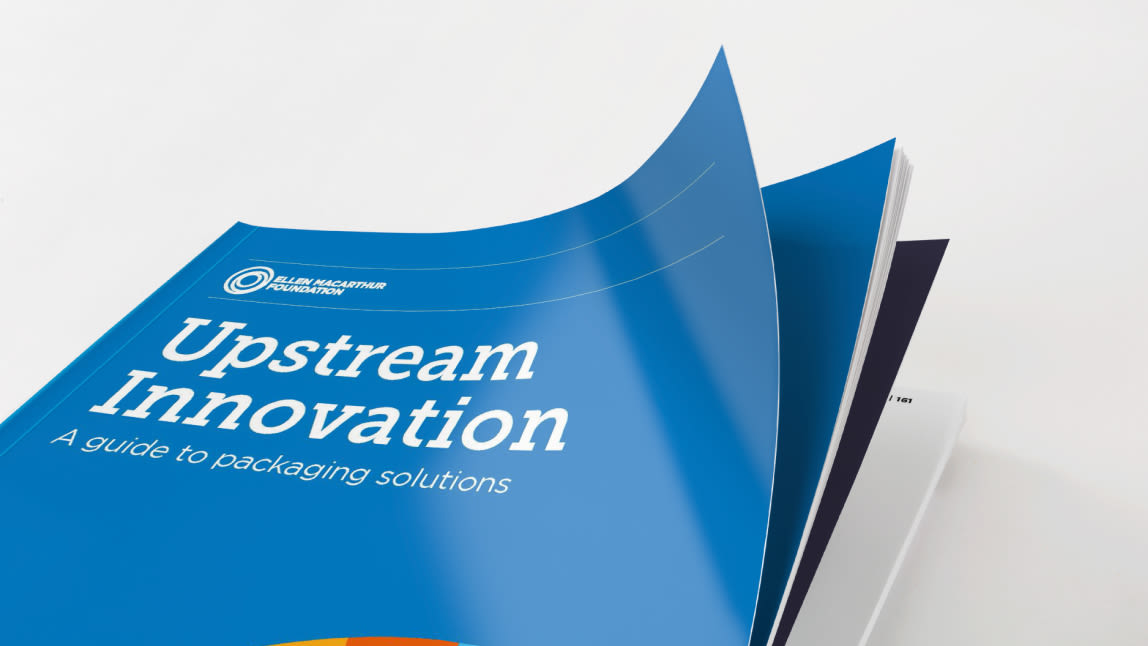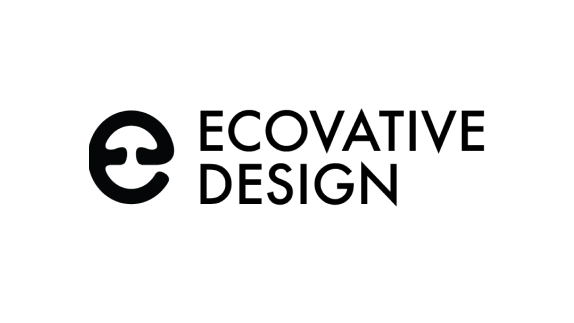
Ecovative makes fully compostable packaging products made from mushroom roots or ‘mycelium’ branded MycoComposite™.
Why it’s an example of the circular economy
In a circular economycircular economyA systems solution framework that tackles global challenges like climate change, biodiversity loss, waste, and pollution. It is based on three principles, driven by design: eliminate waste and pollution, circulate products and materials (at their highest value), and regenerate nature., products can be designed to break down naturally after use as they would in the natural world. Ecovative’s environmentally friendly packaging has the protective properties of polystyrene packaging (EPS) but doesn’t contribute to the 8 millions tonnes of plastic that enter our oceans every year. It can be safely disposed of at home.
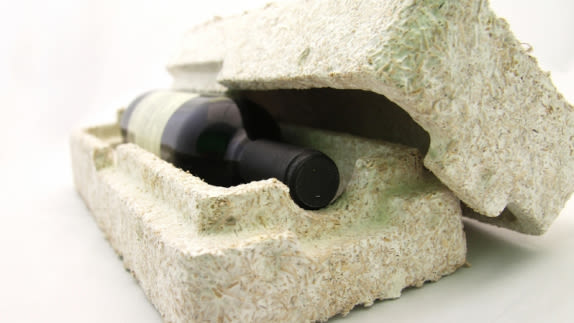
How it works
The founders of Ecovative Design were inspired by the way mushrooms growing on wood chips bonded them together with their roots.
Moulding mushrooms
Ecovative uses mycelium - mushroom roots and low value agricultural feedstock (part of the plants that cannot be used for food) to make their packaging.
“We’re using mushrooms to create an entirely new class of materials which perform a lot like plastic.”
Mycelium is a fungal network of threadlike cells, that acts like a natural, self-assembling glue. It grows in 5-7 days without needing any light or water, digesting agricultural by-products and binding into any shape needed.
This enabled the team to create a new method of producing materials that can replace various products, including petroleum-based expanded plastics and particle board made using carcinogenic formaldehyde.
The process
Ecovative introduces the low value agricultural feedstock which is cleaned and inoculated with the mushroom tissue.
At the end of the process, the material goes through a dehydration and heat treating process to stop the growth and to ensure the absence of spores or allergens.
The business so far
Since commercially launching in 2010, Ecovative has opened a new production facility and is supplying their packaging to a growing number of Fortune 500 companies.
The minimal processing required reduces the cost of the product. The technique can also use different feedstocks, allowing Ecovative to use locally available crops.
The company is also investigating further applications, such as insulation, consumer products, and new bio-materials.


